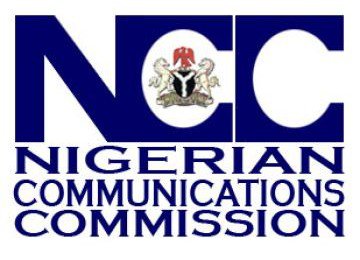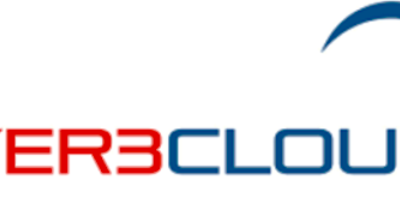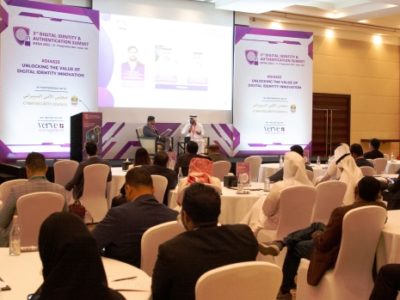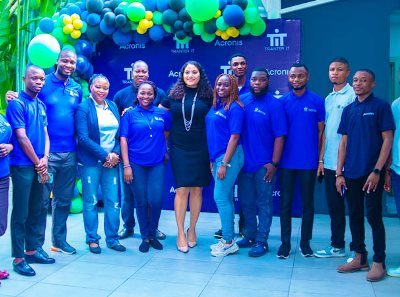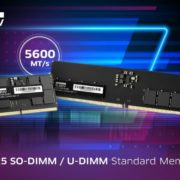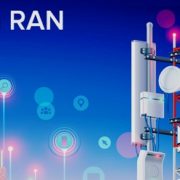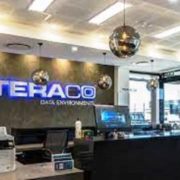To safeguard Consumers’ interest and to ensure that Nigeria does not become a dumping ground for substandard or fake cell handsets, the Nigerian Communications Commission (NCC) has consistently enforced the law on Type Approval of mobile handsets/devices or any other telecommunications equipment.
By law, all telecommunications devices including mobile handsets and other telecommunication equipment must be Typed Approved by the Nigerian Communications Commission (NCC). The Commission has powers to ensure that Technical Standard is met on equipment and services provided within the telecommunications sector. One of the ways it performs this duty is through Type Approval of all mobile handsets before they are sold in the market.
As at October 30, 2013, no fewer than 849 different handset models manufactured by some 76 mobile devices manufacturers have been type-approved by the Commission. The list is not fixed. It grows as more handsets that meet the technical criteria are Typed Approved.
Type Approval standards set by the Commission are based on international standards from the International Electrotechnical Commission, IEC, and its International Special Committee on Radio Interference, CISPR, among others.
As you will find on the Commission’s site:
(http://www.ncc.gov.ng/index.php?option=com_content&view=category&id=74&Itemid=103), the Commission is empowered by the “Nigerian Communications Act 2003 to establish and enforce standards for all telecommunications equipment in operation in the Federal Republic of Nigeria to ensure that they operate seamlessly and safely within the Nigerian telecommunications environment.
“All equipment manufacturers, vendors and operators, including customer devices such as mobile phones and wireless adapters, must therefore ensure that their equipment conform to the applicable standards as mandated by the Commission before bringing them into Nigeria.
“To ensure maximum interoperability and affordability for consumers, the Type Approval standards set by the Nigerian Communications Commission are based on international standards from:
- The International Electrotechnical Commission (IEC) and its International Special Committee on Radio Interference (CISPR)
- The European Committee for Electrotechnical Standardization (CENELEC).
- The European Telecommunications Standards Institute (ETSI).
“These standards have been chosen because:
- They represent international practices as developed in many countries.
- Nigeria adopts practices predominantly like those adopted in Europe (for example, by being in ITU World Region 1 for spectrum allocation and by using GSM very extensively).
- The ETSI standards incorporate a layered structure that allows different concerns (such as electromagnetic compatibility and physical interoperability) to be analysed separately.
- The ETSI standards, and all the supporting technical reports, are free and easily obtained (for example, from their site).”
SOME QUICK POINTS TO NOTE ON TYPE APPROVED HANDSETS
- All equipment and devices not Typed Approved by the NCC are illegal. They violate section 132 of the Nigerian Communications Act of 2003 which empowers the NCC to Type Approve and enforce the Law on Type Approval.
- Dealers/companies or any person(s) dealing in mobile handsets are under obligation to get Type Approval for such devices/equipment before they are offered for sale.
- As part of its enforcement campaigns, the Commission has, in the recent past, sealed offices of mobile phone manufacturers and peddlers of unapproved phones in the country. Offenders are liable to face penalties which include but not limited to prosecution, fine and confiscation of devices that are not type approved by the Commission.
- Substandard handsets contribute to poor quality of service on the network. The attraction is usually their low price tag. But consumers often spend more on servicing such handsets. Buying substandard handset is a waste of money and time.
- Fake cell phones have health implications on the populace. To ensure compliance with the law, NCC works in partnership with the Nigerian Customs Services (NCS) and the Phone and Allied Dealers Association of Nigeria (PADAN) to eliminate substandard handsets.
- The Commission deems it IMPORTANT to regularly provide Consumer Information on fake or substandard handsets not Typed Approved as a way to address the issue of substandard handsets.
- Before making your purchase as a Consumer, take time to check the list of Typed Approved handsets by the Nigerian Communications Commission (NCC) at
(http://www.ncc.gov.ng/index.php?option=com_content&view=category&id=74&Itemid=103)
- Or make enquiries at the very interactive Facebook page of the NCC (https://www.facebook.com/nigerian.communications.commission)
- Or contact the Consumer Affairs Bureau, one of the key departments of the Nigerian Communications Commission, which deals with Consumer Protection and Quality of Service: http://consumer.ncc.gov.ng/index.asp. For Complaints: TEL: 0800 CALL- NCC (TOLL FREE) i.e. 0800 -2255 – 622. EMAIL: [email protected].


